Related Posts
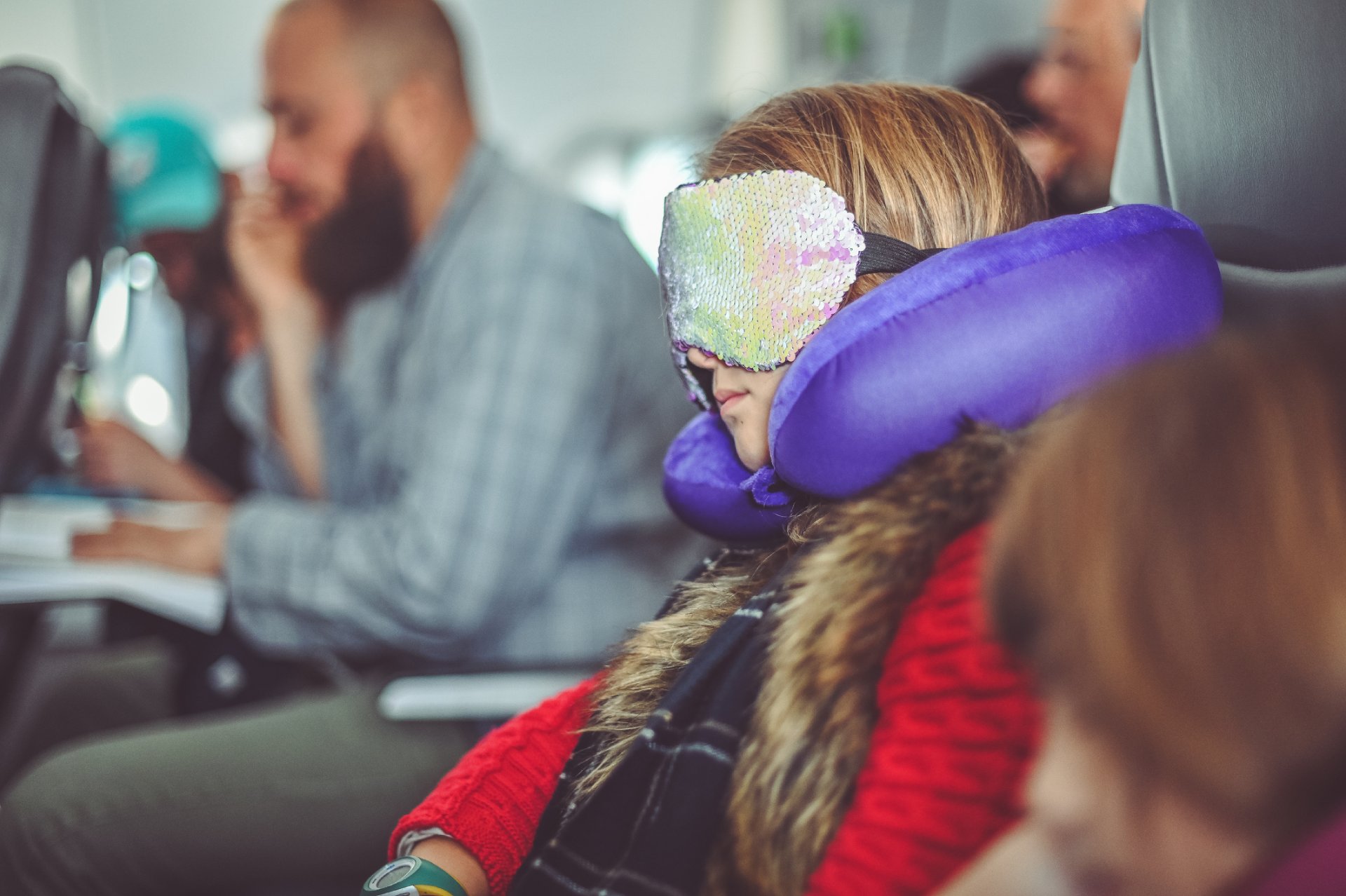
Dec 19, 2024 7 mins read
Tips for Long-Haul Travelers: How To Manage Body Clocks and Jet Lag
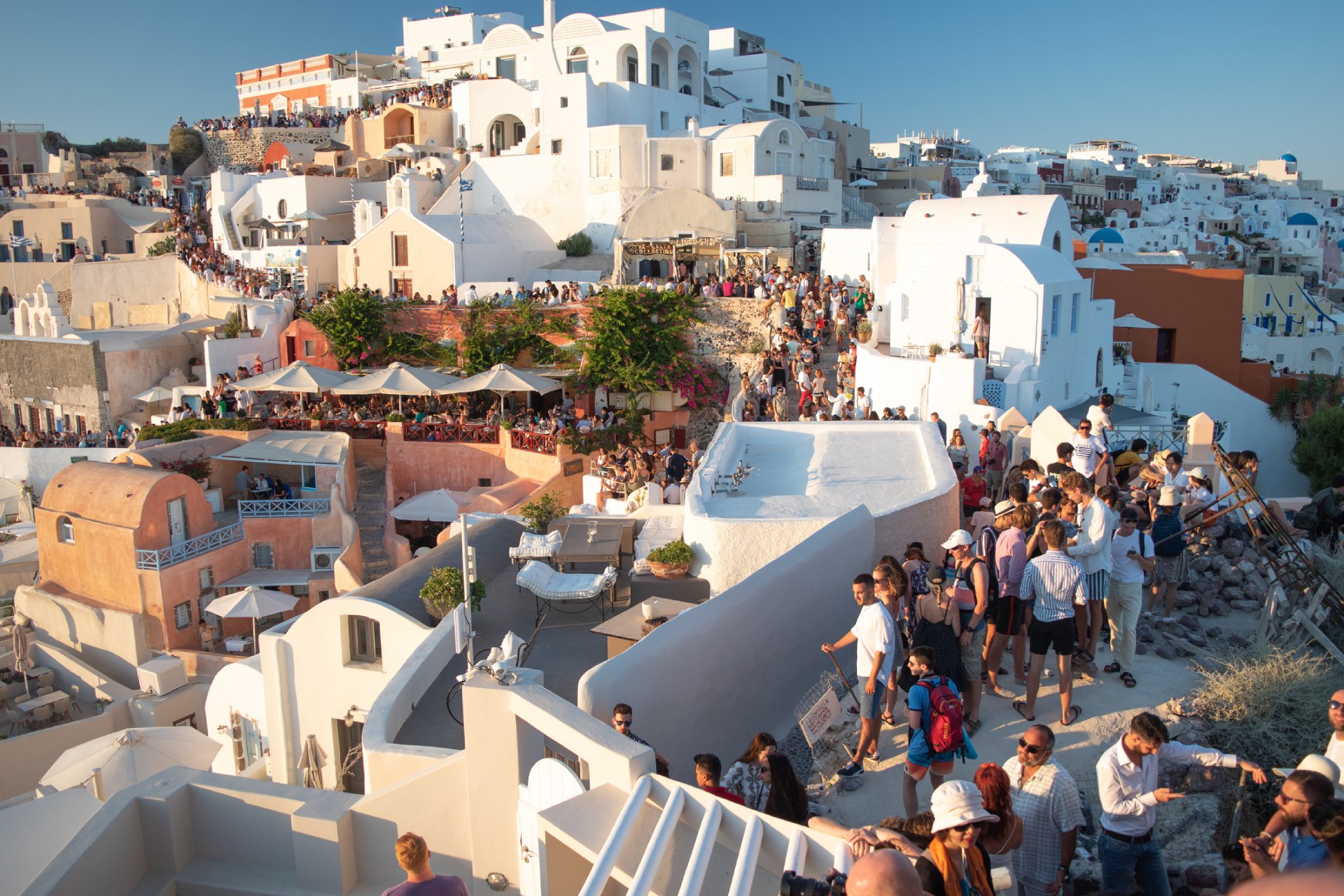
Dec 18, 2024 4 mins read
Overpacking and Overtourism: Travel’s Biggest Foes
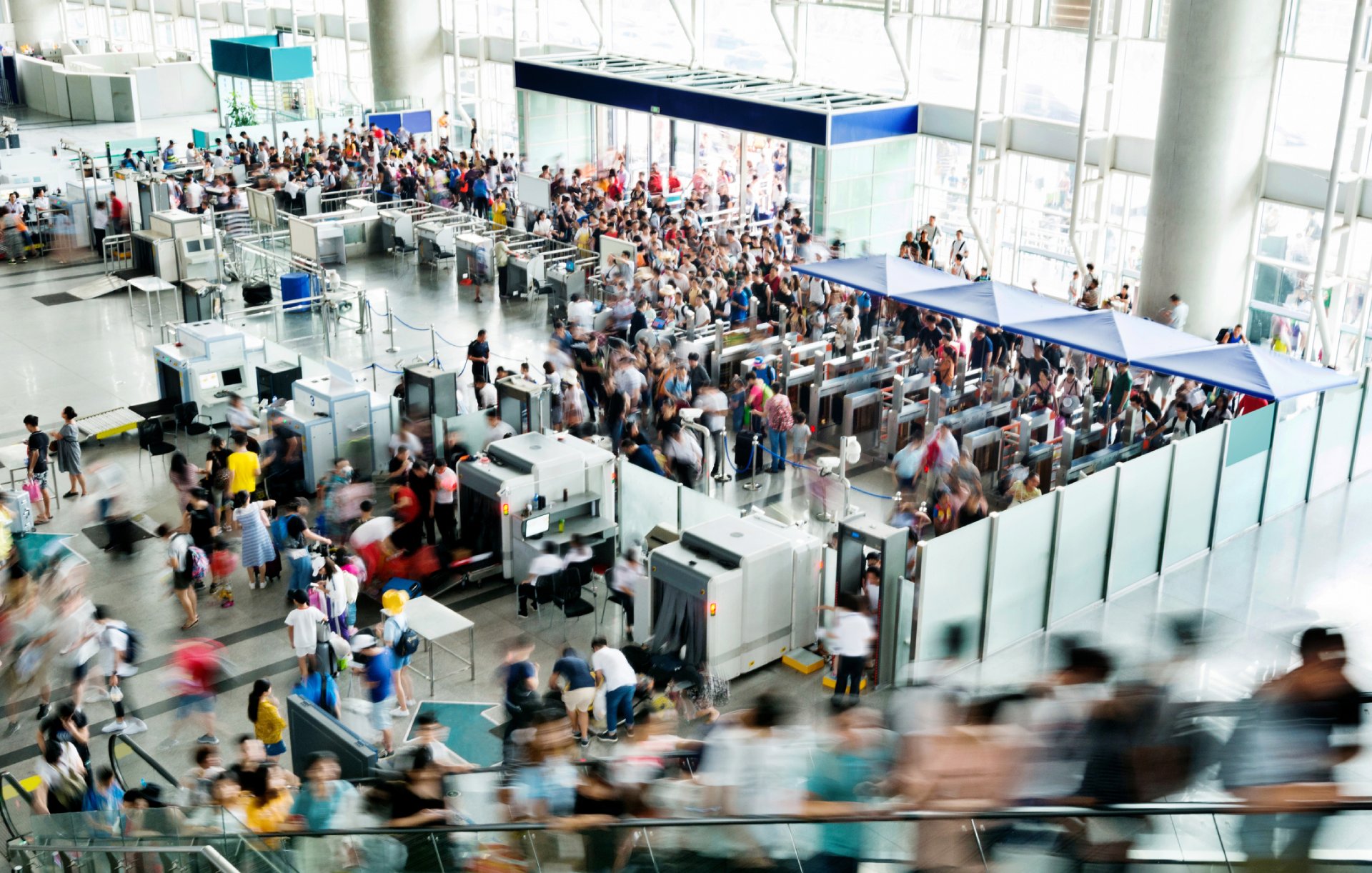
Dec 17, 2024 4 mins read
How New Technology Is Transforming Airport Security and Traveler Experience
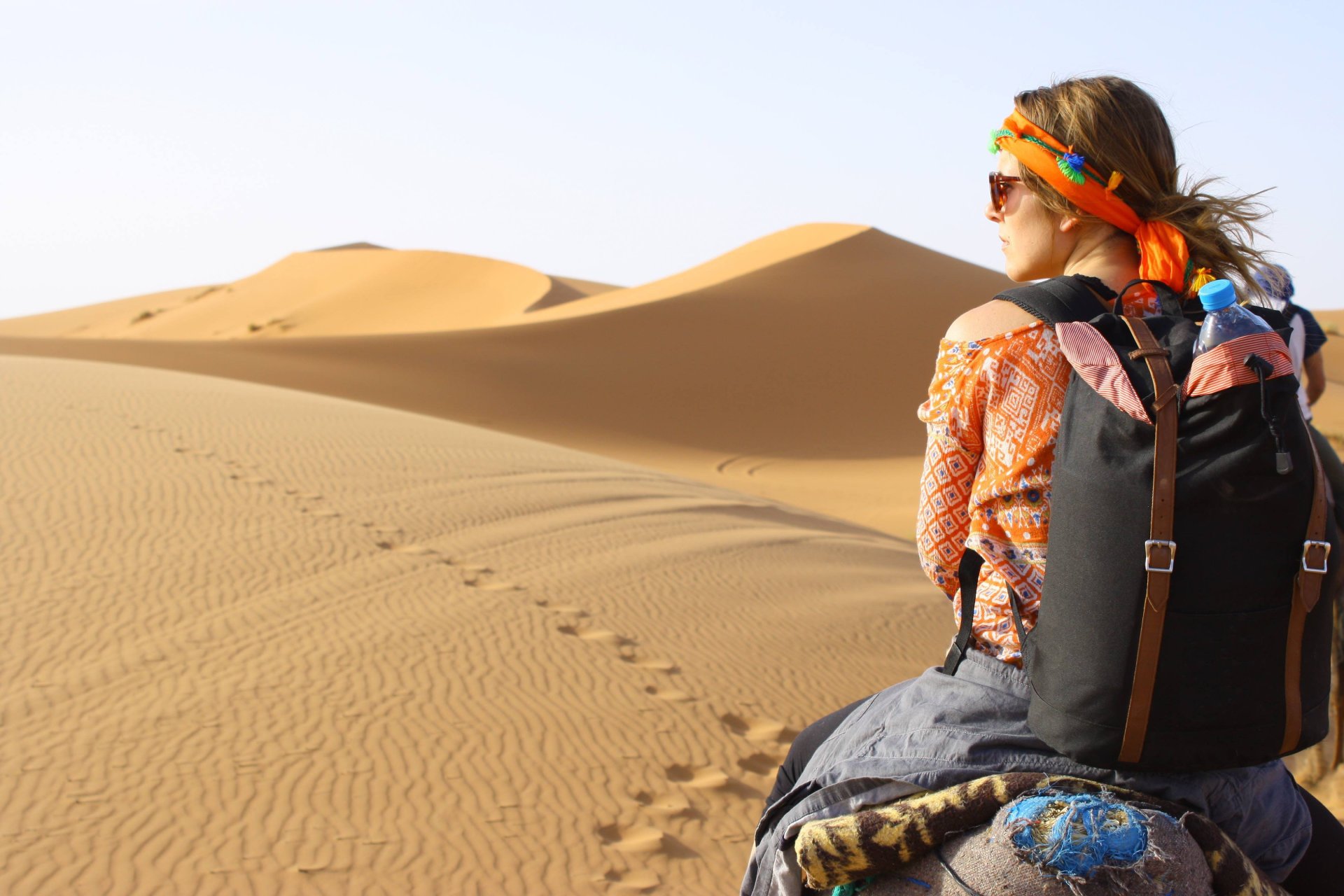
Dec 13, 2024 4 mins read
From Medevac to Minor Illnesses: Navigating Medical Help During Travel

Dec 12, 2024 5 mins read
Family Travel Made Easy: The Best and Worst Kid-Friendly Airports in the World

Dec 11, 2024 4 mins read
Satellite Smartphones: Your Lifeline in Remote Destinations
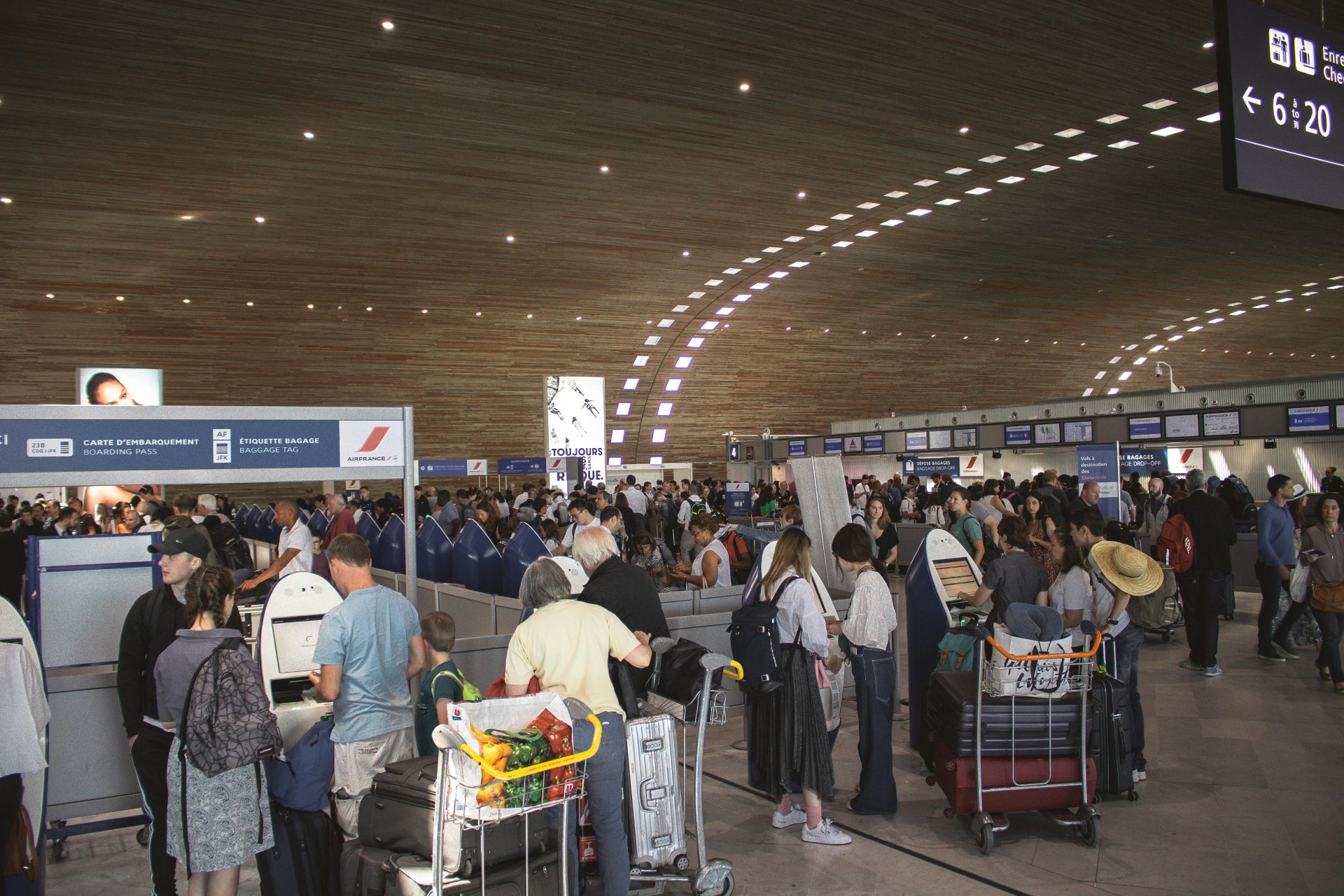
Dec 10, 2024 4 mins read
Packing Right: A Traveler’s Guide To Mastering Carry-On Rules and DIY Luggage Repairs

Dec 06, 2024 4 mins read
Tech-Savvy Travels: A List of Apps That Make Business Trips a Breeze
General TotalCare Disclaimer:
- ©2024 Global Rescue LLC. TotalCare and the TotalCare logo are service marks of Global Rescue LLC. All Rights Reserved. Global Rescue LLC provides technical and administrative services to Elite Medical Group, P.C. (“Elite Medical”), a professional corporation owned by licensed physicians that employs or contracts with physicians licensed to practice medicine where medical services are provided. It is not guaranteed that a prescription will be written, nor will any DEA controlled substances, non-therapeutic drugs and certain other drugs which may be harmful because of their potential for abuse, as a result of a TotalCare consultation. Elite Medical physicians reserve the right to deny care for potential or actual misuse of services. The Global Rescue Mobile App is designed for operation on the current versions of Android and iOS operating systems. Availability of services is subject to your equipment compatibility, connectivity and signal in your location. There is no guarantee that all features and functionality will be available in your location. Use and availability of the Mobile App is subject to your service provider’s plan and may be subject to additional fees from your provider.
Extended Plan TotalCareSM:
- For individuals 85+, medical transport is not included in membership. Members 85+ may purchase medical transport on a fee for service basis.
Mobile Apps:
- Global Rescue Mobile Apps are designed for operation on the current versions of Android and iOS operating systems. Availability of services is subject to your equipment compatibility, connectivity and signal in your location. There is no guarantee that all features and functionality will be available in your location. Use and availability of the Mobile Apps are subject to your service provider’s plan and may be subject to additional fees from your provider. The download and use of a Global Rescue Mobile App is subject to the terms of your Member Services Agreement and the applicable End User License Agreement (EULA).
Mobile Apps:
- Global Rescue Mobile Apps are designed for operation on the current versions of Android and iOS operating systems. Availability of services is subject to your equipment compatibility, connectivity and signal in your location. There is no guarantee that all features and functionality will be available in your location. Use and availability of the Mobile Apps are subject to your service provider’s plan and may be subject to additional fees from your provider. The download and use of a Global Rescue Mobile App is subject to the terms of your Member Services Agreement and the applicable End User License Agreement (EULA).

